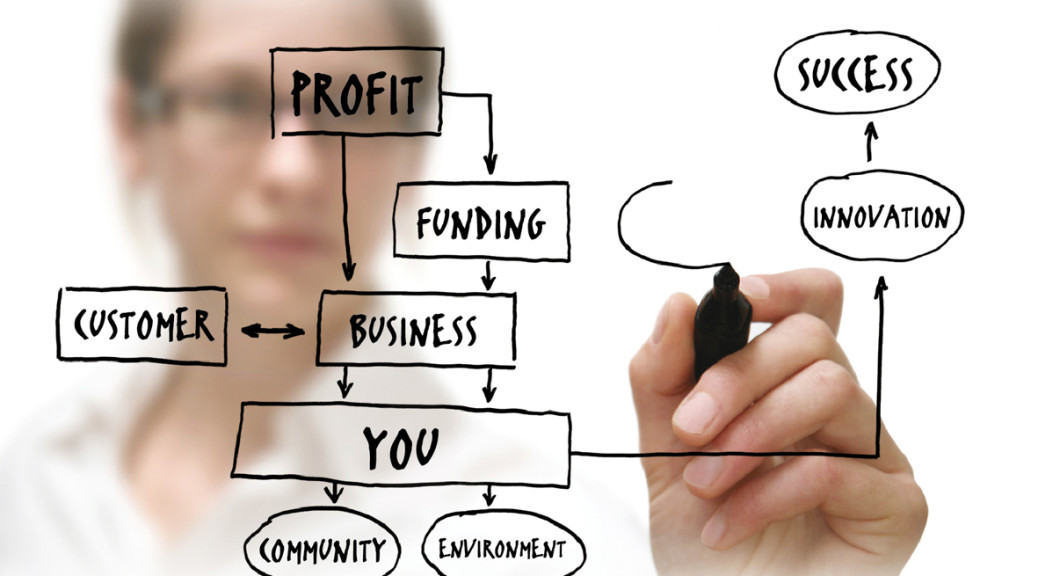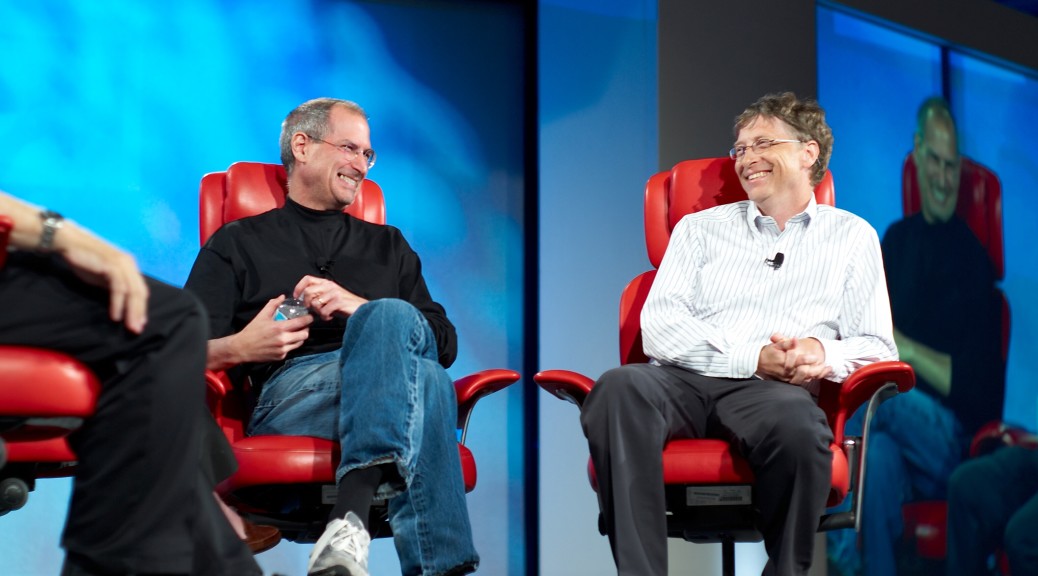When we work with start-ups its important to provide an assessment on their journey within the startup lifecycle. Understanding where a startup is in their lifecycle allows us to assess their progress, providing mentoring to the founders and also provide a vision. The startup lifecycle is made of 6 stages of development, where each stage is made up of levels of substages, allowing for more granular assessment which helps pinpoint the main drivers of progress at each stage.
1) Discovery (or Pre-Seed)
Goal: This phase is all about discovering and validating whether you are solving a meaningful problem and whether anybody would “hypothetically” be interested in their solution.
Milestones: Founding team is formed, many customer interviews are conducted, value proposition is found, minimally viable products are created, team joins an accelerator or incubator, Friends and Family financing round, first mentors & advisors come on board.
Management Team : Founder(s)
Funding Requirements : £500 – £5,000 (always depends on the business type and technology requirements)
Business Development Milestones : Validated Problem and potential solution
Typical Funding Resources : Cash
Average Valuation : Nil (Typical Technology Start-up)
Time: 3-6 months (average for all types)
2) Seed
Goal: Development of a minimum viable product which can be shown to potential customers, sponsors and customers.
Milestones: Founding team is formed, many customer interviews are conducted, value proposition is found, minimally viable products are created, team joins an accelerator or incubator, Friends and Family financing round, first mentors & advisors come on board.
Management Team : (Core team) Founders, co-Founders, Mentor,
Business Development Milestones : Letters of intent or some preliminary relationships
Funding Requirements : (Seed Capital) £10,000 – £50,000
Typical Funding Sources : Friends and Family financing round, first mentors & advisors come on board
Average Valuation : £10,000 – £100,000
Time: 5-12 months (average for all types)
3) Validation
Goal: The Startup is looking to get early validation that people are interested in purchasing their product through orders or pre-orders with deposits.
Milestones : refinement of core features, initial user growth, metrics and analytics implementation, start-up funding, first key hires, pivots (if necessary), first paying customers, product market fit.
Management Team : (Entrepreneurial Lieutenants) At least one real manager, Founders, Mentors and Advisors
Funding Requirements : (Startup Capital) £100,000 – £300,000
Typical Funding Resources : Business Angels, Grants,
Business Development Milestones : Paying Customers
Average Valuation : £1m
Time: 9 months – 1 year
4) Established / Efficiency
Goal: The company refines the business model and improves the efficiency of their customer acquisition process. The business should be able to efficiently acquire customers in order to avoid scaling with in-effective processes.
Milestones: value proposition refined, user experienced overhauled, conversion funnel optimized, viral growth achieved, repeatable sales process and/or scalable customer acquisition channels found.
Management Team : (Risk takers) At least three real managers, Founders, Mentors and Advisors
Funding Requirements : (Venture Capital) £300,000 – £500,000
Typical Funding Resources : Venture Capital
Business Development Milestones : Profitable customers, Strategic Partners
Average Valuation : £3m
Time: 1 – 3 years
5) Scale
Goal: Startups step on the marketing drive and drives global growth very aggressively.
Milestones: massive customer acquisition, back-end scalability improvements, experienced executive team formed, process implementation, establishment of departments.
Management Team : Executive Board, Management Board, External Advisors
Funding Requirements : £1.2m – £5m
Typical Funding Resources : (Bridge Funding)
Business Development Milestones : Historical results against plan, Focused Business Plan, Strong Processes and Controls,
Average Valuation : £3-15m
Time: 3-5 years (average for all types)
6) Sustain
Goal: Develop a portfolio of customers and products, either based on one technology or a set.
Milestones: diversification of customers and revenue streams, agile product teams, public and investor relations
Management Team : Executive Board, Management Board, External Advisors, Product Teams
Funding Requirements : (IPO) Large A Round
Typical Funding Resources : IPO
Business Development Milestones : Multiple Revenue Streams,
Average Valuation : £10-30m




